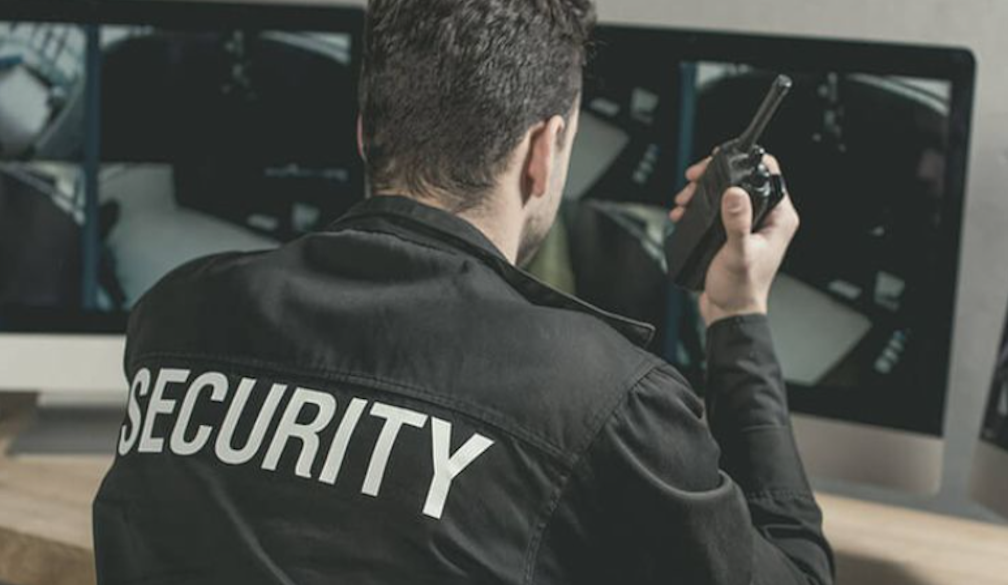The Commercial Security Checklist Every New Sydney Business Should Tick Off

If you’re starting a new business in Sydney, there’s a good chance your to-do list is already overflowing. It will include things like lease paperwork, insurance, POS setup, staff hiring, and maybe even a last-minute paint job before opening day. But one thing that often gets pushed to the side (usually until something goes wrong) is security.
Not just ‘grab a camera and hope for the best’ type of security, but a proper, layered setup. One that combines Sydney commercial CCTV security systems with effective access control and real-time alerts. One that includes fail-safes like commercial alarm systems in Sydney that can actually notify someone when you’re not on your property in Sydney.
And still, it’s the thing that gets pushed to “later”. Understandably though as we all know security is not very exciting. But it becomes the only thing you care about the moment something goes missing, breaks, or trips the sensor at 2:13am.
So here’s a rundown of what should actually be on your commercial security checklist, especially if you’re just opening your doors.
Do You Actually Know What You Need to Monitor For Your Sydney Business?
It sounds obvious, but lots of new owners skip this part. They install cameras and alarms without thinking why they’re doing it. Is it for theft prevention? Monitoring staff behaviour? After-hours protection? A visual deterrent?
If you’re not clear on the purpose, you might end up with a system that looks impressive on paper but doesn’t actually help when it counts.
Tip: Walk through your space like a stranger. Where are the blind spots? Where could someone slip in unnoticed? What entry points are most vulnerable?
Front-Facing Surveillance Isn’t Enough
Many businesses in Sydney install one or two cameras at the front counter and assume that’ll do. But the real risks often come from unexpected places like loading docks, rear exits, storerooms, shared car parks.
Even in smaller shops or clinics, it’s worth mapping out a full floorplan with sight lines before deciding where to mount anything. Don’t forget to account for lighting too, what’s perfectly visible at 10am might be pitch black at 9pm without additional illumination.
Commercial Access Control That Isn’t Just a Lock and Key
The standard front-door key just doesn’t cut it anymore. Staff come and go, keys get copied or lost, and suddenly you’re not sure who has access after hours. This is where even basic access control systems (think fob or pin entry) can save a lot of stress.
You don’t necessarily need high-end biometric systems, although those are becoming more common in Sydney medical offices and tech spaces. But at least go with something you can reset or revoke remotely.
Commercial Alarm Monitoring That Actually Contacts Someone
Here’s where a lot of new businesses make a silent mistake: they get a self-monitored alarm system. It rings. It buzzes. But no one’s watching unless you happen to be looking at your phone.
In contrast, a monitored alarm (back-to-base style) sends the alert directly to a control room, one with real humans working 24/7. They can dispatch security or even contact emergency services depending on your setup. It’s a layer of accountability most business owners don’t realise they need until they’ve gone through a break-in and no one responded.
Commercial-Grade Security Camera Quality Matters More Than Quantity
You don’t need 16 cameras if you can’t make out faces or read a number plate. Instead of going wide, go sharp. Higher resolution, night vision capability, and smart recording options (like only recording motion) are worth paying for.
Some cameras now include object tracking or people-counting tech. You might not think you need it now, but for retail businesses, these stats can double as analytics later.
Remote Access Features
If your system doesn’t allow you to check footage or receive alerts from your phone, you’re going to feel it later. Business owners, especially new ones, tend to work odd hours, move between locations, or be away during a long weekend.
Remote access isn’t just convenience, it’s peace of mind. Being able to pull up a live feed when you get a strange alert at 1am might stop a petty theft from turning into a major problem.
Ask Your Insurance What They Expect For Sydney Business Security
This one gets missed constantly. Before spending thousands on security gear, call your business insurer. Ask what they require or what would earn you a discount. Some insurers won’t cover certain claims unless specific measures (like monitored alarms or secured entry points) were in place.
In some cases, upgrading your security might actually lower your premium enough to cover the cost within a year.
Plan For The Worst
Look, it’s easy to overthink this stuff and end up overwhelmed. And the truth is, no system can guarantee total safety. But what good security does give you is control. Clarity. Confidence when you're not on-site.
So while it might feel like a "next month" problem, just like bookkeeping, signage, or cleaning rosters, it’s one of the few investments that protects everything else you’re working so hard to build.
And if there’s one lesson most Sydney business owners learn the hard way, it’s that the cost of prevention almost always ends up cheaper than the cost of recovery.


















